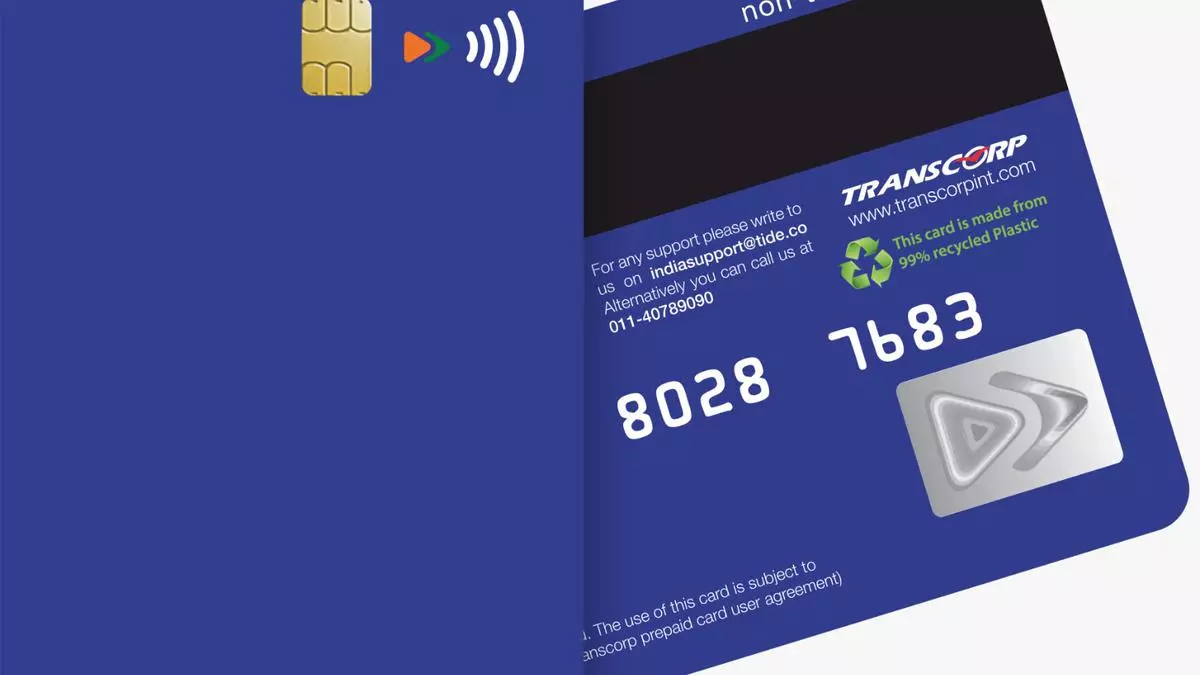Get ready for recycled credit cards
MCT Cards & Technology, the country’s largest card manufacturer, has launched recyclable credit cards on the local RuPay network. Card issuers can now issue cards made from 99 percent recycled plastic, known as rPVC (Rigid Polyvinyl Chloride) which in turn can be recycled again, helping to reduce carbon emissions.
rPVC is made from plastic used from industrial waste, pet bottles, ocean and sea waste which is recycled in accordance with ISO standards and global standards.
“It’s like an open loop. You consume the plastic that’s already been used, you make the cards again, and then those cards get recycled again. You’re drastically reducing the use of virgin plastic,” said Aman Bindra, Head of National Sales – Fintech, MCT Cards. .
The company is also in talks with issuers and existing customers to simplify the collection and recycling of old plastic cards through incentives for customers to present old cards such as annual fee waivers.
MCT Cards feature cardstock variants with 70 percent, 90 percent, 95 percent, and 99 percent recycled plastic. Each 99% rPVC card weighs 5.5-6 grams, saving 7-8 grams of CO2 emissions and 3.5-4.0 grams of plastic waste.
Compared to some developed countries where plastic card consumption is on a downward trend, India sees consumers still want a physical card which means more plastic, annual card issuances pegged in India at around Rs 20 crore. He said the cards’ 3-5 year life cycle, and factors like card upgrades or replacements, and lost cards only add to the waste.
Biodegradable cards
Alternatives to rPVC include metallic cards and PLA (Polylactic Acid) cards that are made from a cornstarch-based material and are fully biodegradable. However, these two mechanisms are more costly as the source material for rPVC is easily accessible, said Bindra, adding that MCT Cards also offers PLA cards.
The company has incorporated other energy-efficient processes such as using vegetable or soy-based ink which is more environmentally friendly than traditional alcohol-based inks, avoiding foil and using recycled paper for the kits.
“We want to make the entire life cycle of the card environmentally friendly and not just the recycled plastic because then the whole purpose is defeated,” he said.
Currently, more than 90 percent of MCT card customers use fresh plastic. However, many have shown interest and intent to release eco-friendly, recycled cards. Bindra hopes that once banks and financial firms, especially listed companies, notice that manufacturers are becoming environmentally conscious, they too will move to recycled plastic given the growing traction for ESG, CSR and sustainability initiatives.
“We’re already living on MasterCard and Visa with the same product,” Bindra said, adding that MasterCard has committed that by 2026 no card will be made on virgin plastic, which means the share of new plastic will automatically continue to decline.
The card launched on the RuPay network was issued by UK-based PPI Player Transcorp with fintech Tide for its MSME, micro, small and medium business customers, which has also pledged to become net zero carbon by 2030.
